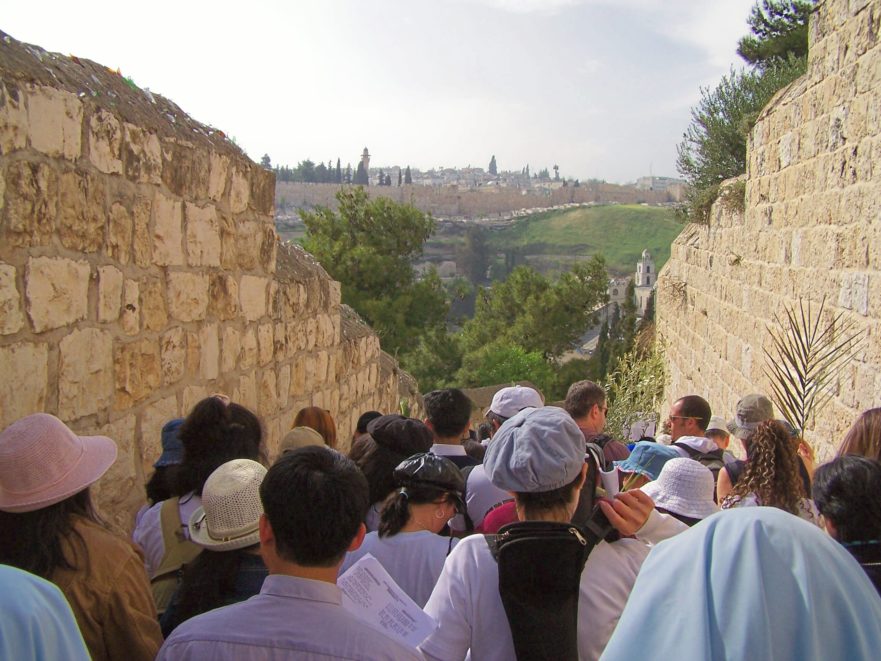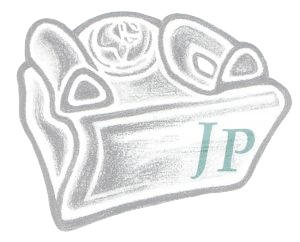Introduction
The Feast of Tabernacles (or Sukkot or Festival of Booths) as celebrated during the late Second Temple era included elements which were not prescribed in Scripture, and some of which ended with the destruction of the Temple. Torah said that everyone should live in booths for a week, and wave branches in celebration. Rabbinic law defined living in a booth as eating and sleeping in it, and prescribed how to construct a booth and a lulav. The lulav is a bunch of palm, myrtle, and willow branches with a citron (m.Suk. 3.1-8), which was waved (or “shaken”) during parts of the Hallel Psalms (m.Suk. 3.9).[1] In addition, other ceremonies had become popular during Tabernacles – beating willows, pouring water, and dancing with lights – and references to these ceremonies are found in Gospel accounts.
The Gospel accounts of Palm Sunday have some significant links with activities during Tabernacles, especially the chants from Psalm 118 and waving of branches, but these activities were also part of the early celebration of Hanukkah. Some of the extra activities during Tabernacles in Temple times may also have been inspired by the celebration of Hanukkah, so these festivals were intricately related to each other. The Gospel accounts do not hide the links between the events on Palm Sunday and these festivals, and perhaps they accentuated them. If this is the case, the festival that they are attempting to highlight may give us an insight into the significance of this event for the Gospel writers.
Ceremony of Willow Beating
The ceremony of willow beating is still performed in synagogues during celebration of Tabernacles, though the meaning is as uncertain as its origins. In Temple times, people cut down long willow branches and processed around the altar all day while chanting from Psalm 118.25: “Please Lord, save now!, Please Lord, prosper now!” (m.Suk.4.5). In English this sounds impolite and insufficiently reverential, so it is usually translated as something like “We pray you, Lord, please save us”.
Paid Content
Premium Members and Friends of JP must be logged in to access this content: Login
If you do not have a paid subscription, please consider registering as a Premium Member starting at $10/month (paid monthly) or only $5/month (paid annually): Register
One Time Purchase Rather Than Membership
Rather than purchasing a membership subscription, you may purchase access to this single page for $1.99 USD. To purchase access we strongly encourage users to first register for a free account with JP (Register), which will make the process of accessing your purchase much simpler. Once you have registered you may login and purchase access to this page at this link:
- [1] According to m.Suk. 3.9 they also shook them at the first and last verses of Ps. 118, but this detail is not confirmed by an early tradition like the shaking at Ps. 118.25, so we cannot be so certain about this. ↩





































































